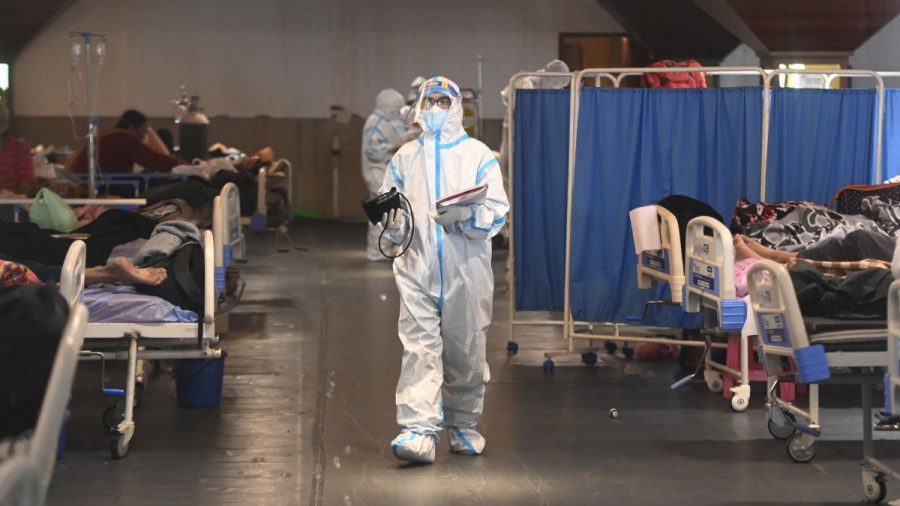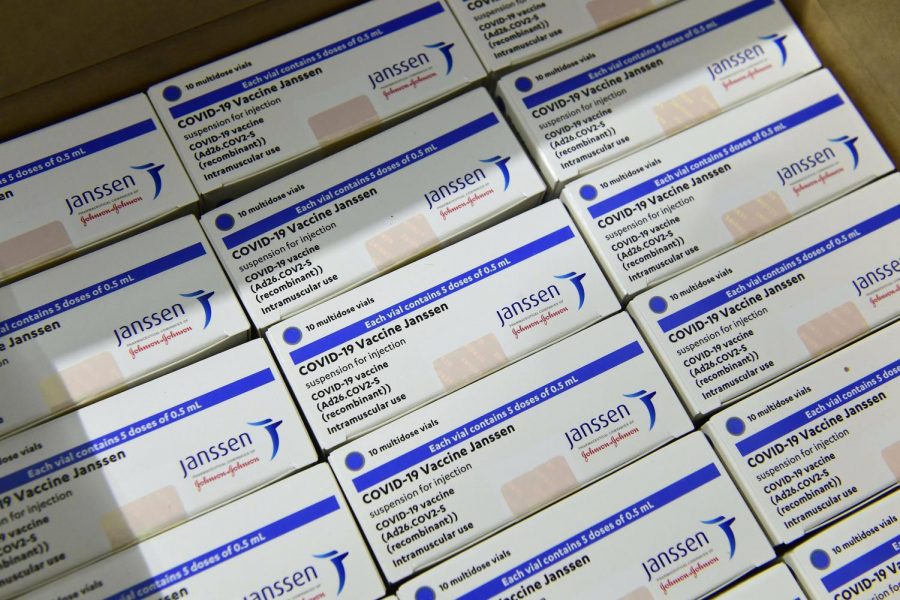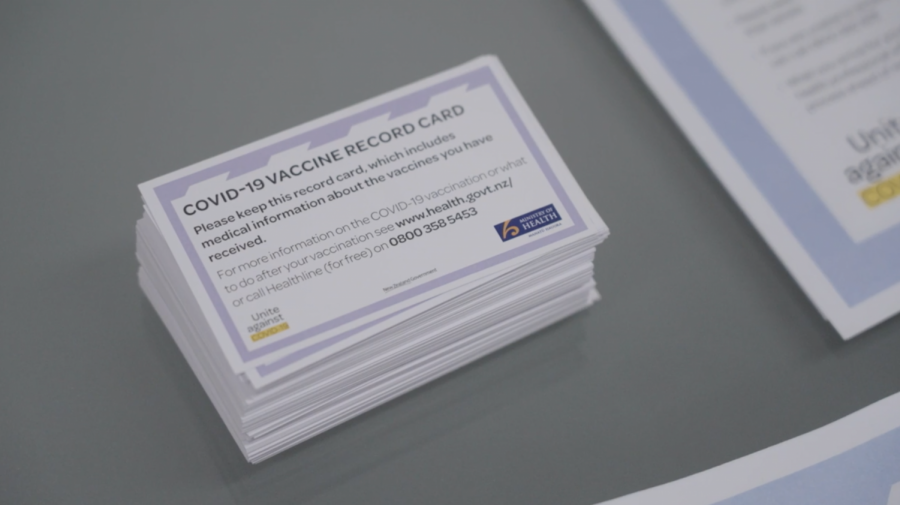There are a couple of key staples to finals week at Wake Forest. You can count on subpar midnight food the library offers, anti-stress puppies on campus to lick away your worries for two minutes, and — virtually the only guarantee — sleep deprivation.
More than 70 percent of college students report at least occasional sleep issues, a statistic that spikes sharply during finals week, as students aim for that “A” before heading home.
In extreme cases, a student may decide it is time to buy themselves some time and perform the ultimate challenge: pulling an all-nighter. At one point or another, most Wake Forest undergraduates can proudly say that they stayed awake for an entire 24 hours to ensure that every last adjective is included in that 5,000-word paper or that they know all their vocabulary before their last Spanish exam.
Sleep remains a mystery to many scientists, but the secrets of what it does for the body are slowly being revealed through extensive research. Have you ever wondered what “pulling an all-nighter” actually does to your body? Let’s start with your immune system.
You are probably excited to finally return home for almost a month of relaxation surrounded by your family, but this could be hard during the recovery period of finals-induced sleep deprivation.
A lack of sleep is correlated with a decrease in T-cells and an increase in inflammatory cytokines, meaning that if your body is exposed to illnesses during your periods of extended wakefulness, you may be stuck in bed battling a nasty cough instead of enjoying a night out with friends from home.
The hormone levels in your body are also determined by the amount of sleep you get in many cases. Without sleep, the part of your brain called the hypothalamus will release an excess of adrenaline and cortisol.
Adrenaline is the hormone released when you are afraid and has the power to rise blood pressure and give you some extra energy. Cortisol also gives you an energy boost by releasing glucose into the bloodstream, but too much of this can be a bad thing. Studies have shown that cortisol levels typically sync up with your daily routines throughout the day. In the morning, your cortisol levels are meant to be at their highest so that you have enough energy as they gradually decrease throughout the day. Without sleep, your cortisol levels will soar, causing stress and potentially future insomnia.
Another set of hormones regulated by sleep are leptin and ghrelin, “the hunger hormones.” Ghrelin is what is released when your stomach is empty, triggering a ravenous appetite. In contrast, leptin is released to tell you that you are full after that fifth helping of spaghetti. Studies have shown that with six hours of sleep or less, your body increases ghrelin production and decreases leptin output. This could be the reason behind that overwhelming need for a midnight snack and is also one of the reasons that sleep deprivation is often associated with obesity.
Now, the whole reason you are pulling an all-nighter in the first place is probably so that you can pass the exam you have the next day, but, unfortunately, this sleepless night could be entirely counterintuitive to getting that “A.”
Sleep is essential for long-term memory because it is involved in the process of memory consolidation. While studying, there are two steps to remembering what you learn. The first step is to actually learn the fact and understand it, while the next step is processing it and storing it. The second step is normally completed during a good night’s sleep in a process called Slow Wave Sleep (SWS). SWS allows your body to reactivate recently encoded neuronal memory representations and process these memories for long-term use. Without seven to eight solid hours of sleep, your brain will have trouble remembering how to answer that multiple choice question that you know you studied the night before.
Unfortunately, sleep deprivation is as much of a reality during college life as football games, laughing with friends, and munching on a Benson salad. If you decide that you need to stay up to finish your work, treat yourself to at least a 90-minute nap, which will give you a quick boost of energy and allow more retainment of memories. Good luck on finals, Deacs!








